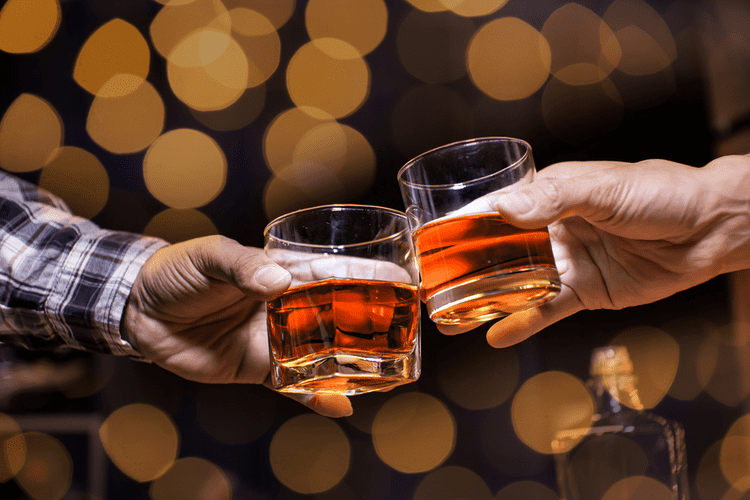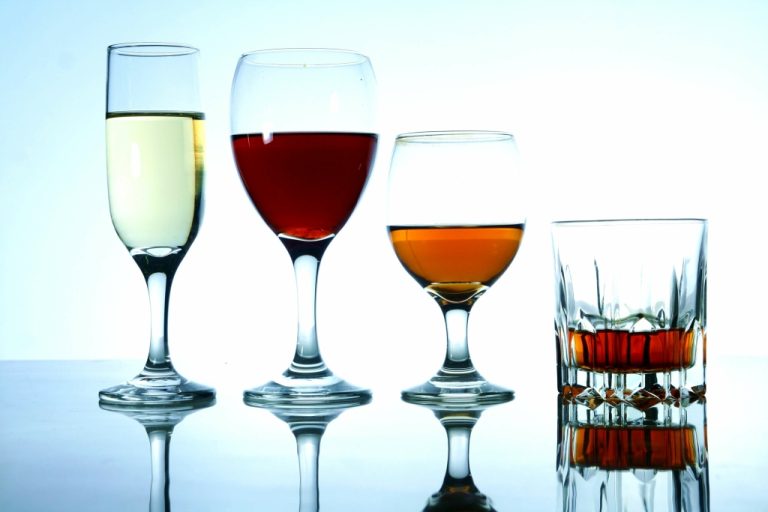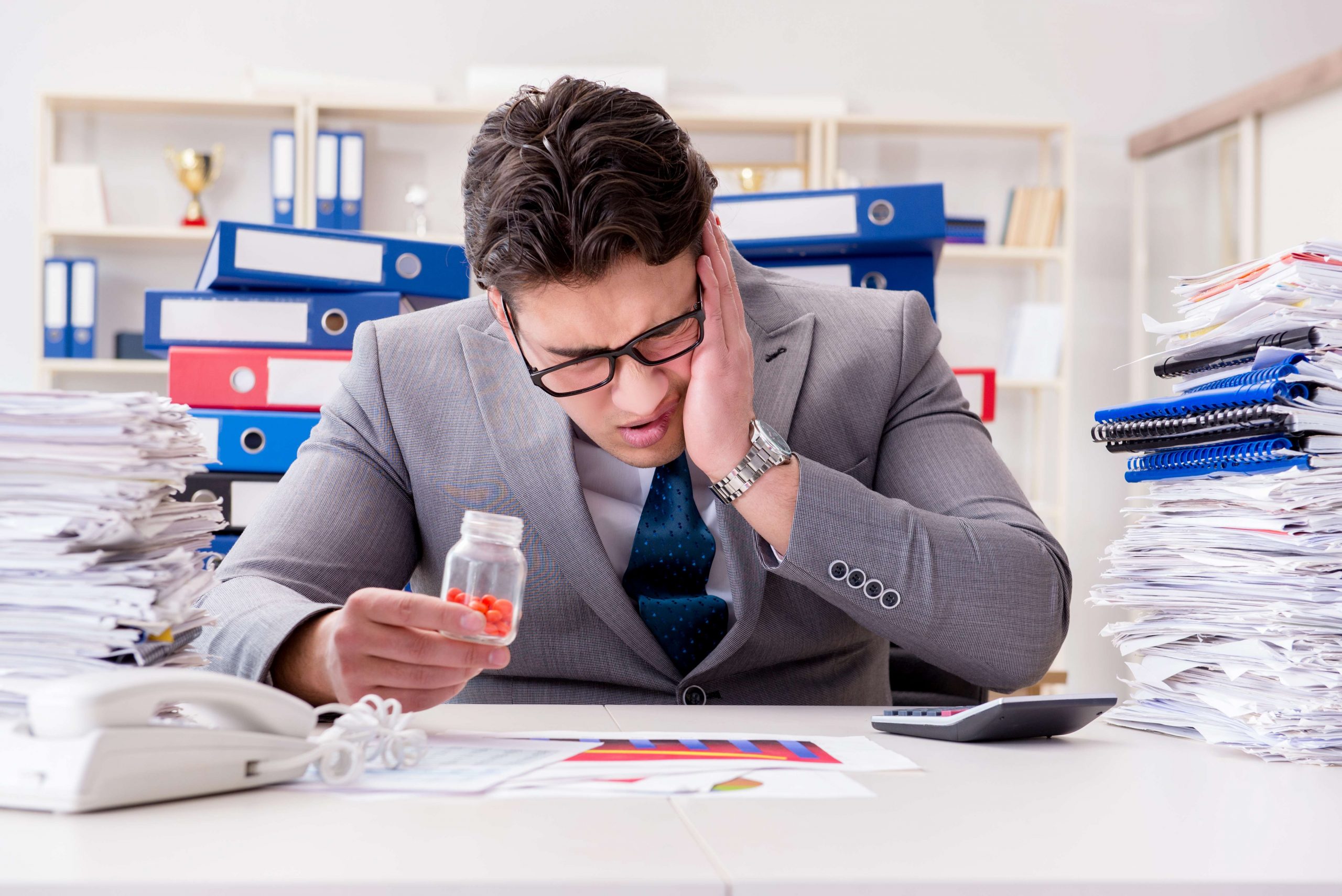At its core, a healthy coping mechanism is a constructive and positive way of managing stress, anxiety, and other emotional & psychological challenges. It involves adopting strategies that promote emotional well-being, resilience, and personal growth, without resorting to harmful behaviors or negative habits. Treatment-seeking alcoholics are rarely assessed for the presence of social anxiety.

Stress and alcohol use
However, https://ecosoberhouse.com/article/how-to-stop-using-alcohol-as-a-coping-mechanism/ the study did not examine drinking behavior, nor did it compare results for women with high or low levels of social anxiety. People learn specific thought patterns and adaptable behaviors to cope with stressful situations. These skills help people to work through challenges, rather than mask them. With a lack of healthy coping mechanisms, anxiety, depression, and other mental health disorders are not uncommon among people who use alcohol to cope. In order to reduce the variance in biological measures (e.g. saliva cortisol) due to diurnal rhythms 111. It is also likely that the willingness to drink alcohol is smaller in the morning than in the evening while there is no influence of day time on alcohol consumption in the ad libitum taste test between 14p.m.
In an emergency? Need treatment?
You can work with a specialized therapist to discuss your past and current habits, and identify new tools and routines that support your unique set of goals. Additionally, support groups give you an avenue to engage with others who are confronting similar questions and challenges. You can choose to listen, share, and learn in any capacity you wish and on your own schedule. Some of these questions may resonate more than others at different stages of your journey. As you look inward, you’ll begin to uncover areas that you may not have consciously realized were causing you stress or turmoil, and in turn impacting your drinking.

How do I take care of myself and manage the symptoms?
Commonly prescribed medications include antidepressants, benzodiazepines, and beta-blockers. Working with a therapist, you’ll learn to identify some of the cognitive distortions that lead to avoidance Halfway house behaviors, anger, and safety behaviors. Alternatively, you may use safety behaviors (also known as partial avoidance behaviors) to prevent potential public humiliation. These behaviors are considered a more subtle form of avoidance because although you’re not outright avoiding a situation, you’re not fully engaging in it either.
- These actions can lead you to achieve a healthy relationship with alcohol, no matter your habits today or your goals for tomorrow.
- A health care professional can work with you to create a plan to address the root cause of your substance misuse and help treat addictions you may be experiencing.
- Sixth, among studies, the outcome variable is inconsistent, with drug/alcohol abuse, dependence or disorder being used in different studies.
- Your clinician who is currently managing your medication and making treatment decisions can order your GeneSight test.
- It’s important to give yourself the grace to realize that you’re learning as you go.

If you suspect you may have developed alcohol use disorder, treatment is available and effective. If you use alcohol as a coping mechanism, relying entirely on it may cause you to experience adverse effects in the long run. But other studies show that the only healthy level of alcohol consumption is no alcohol. Persistently drinking alcohol during emotional pain or stress may cause the opposite effect. Fortunately, urges to drink are short-lived, predictable, and controllable.
- You need to overcome any denial about their issues or substance use, help them recognize why they’re self-medicating, and then deal with both the underlying condition and the problems created by their drinking or drug use.
- Focusing on a strong emotion can make it feel stronger and more out of control.
- That is, for both groups baseline drinking levels would be expected to be relatively high, to be defined by drinking binges, and to occur in the context of peer pressure and social situations.
- An overall emphasis on the AUD component may come first, or an emphasis on the co-occurring psychiatric disorder may take precedence, or both conditions can be treated simultaneously.
Self-care strategies
Avoiding stress might seem like a great way to become less stressed, but this isn’t necessarily the case. More often than not, confronting a problem or dealing with a stressor is the only way to effectively reduce the stress it causes. Although alcohol is often described as a ‘depressant’, that’s not quite the same as saying it will make you depressed. In small doses, alcohol can make you feel quite cheerful for a short while.
